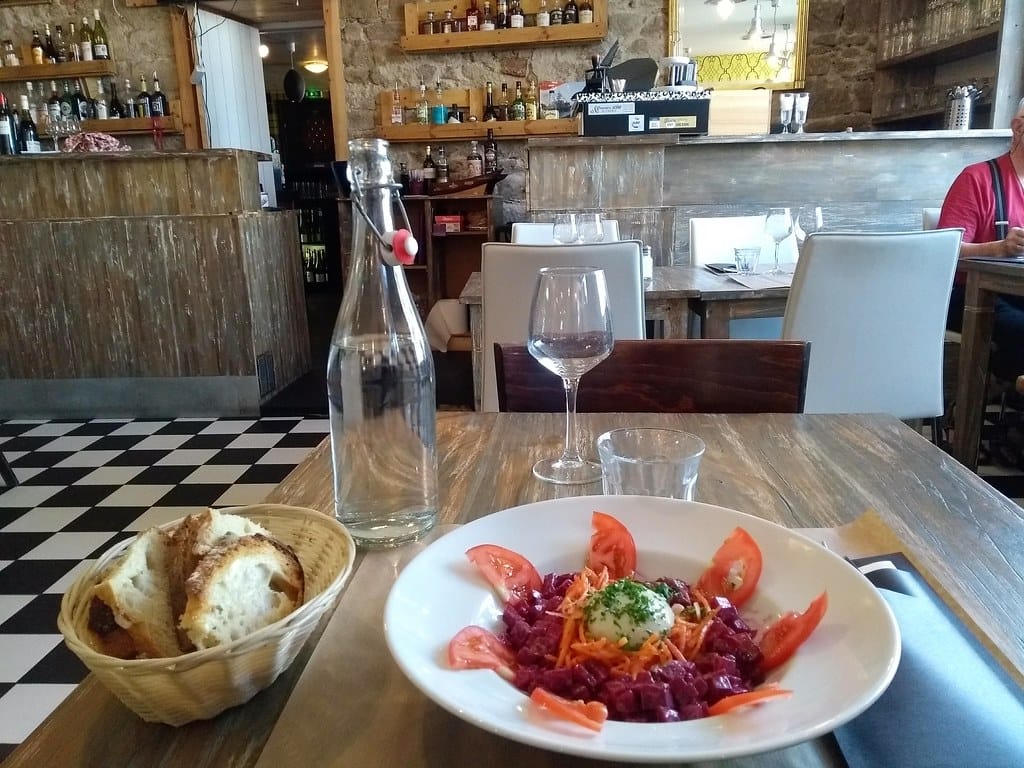Applebee's and IHOP Roll Out AI Revolution: How Smart Technology is Reshaping Your Dining Experience
The casual dining landscape is about to get a major tech upgrade. Dine Brands Global, the parent company behind beloved restaurant chains Applebee's and IHOP, has announced ambitious plans to integrate artificial intelligence across their operations, signaling a watershed moment for an industry still recovering from pandemic disruptions and mounting labor challenges.
The AI Integration Strategy
Dine Brands is deploying AI technology across multiple touchpoints of the customer experience, from kitchen operations to customer service. The initiative includes voice-activated ordering systems, predictive analytics for inventory management, and AI-powered customer service chatbots designed to streamline operations and enhance guest satisfaction.
"We're not just adding technology for technology's sake," explained John Peyton, CEO of Dine Brands Global. "This is about creating meaningful efficiencies that allow our team members to focus on what matters most – delivering exceptional hospitality to our guests."
The rollout will begin with pilot programs in select locations throughout 2024, with plans for broader implementation based on performance metrics and customer feedback.
Addressing Industry-Wide Challenges
The restaurant industry faces unprecedented pressures, with labor shortages affecting 75% of operators according to the National Restaurant Association's latest State of the Industry report. Average hourly wages have increased by 28% since 2020, while food costs continue to climb, creating a perfect storm that's forcing brands to innovate or risk falling behind.
AI implementation offers a potential solution to these mounting pressures. Early adopters like McDonald's and Domino's have already demonstrated how smart technology can reduce wait times, minimize order errors, and optimize staffing needs during peak hours.
What Diners Can Expect
Smart Ordering Systems
Customers at participating locations will encounter AI-powered kiosks and voice ordering systems that can process complex requests, remember previous orders, and make personalized recommendations based on dining history and preferences. These systems are designed to reduce wait times by up to 40% during busy periods.
Enhanced Kitchen Operations
Behind the scenes, AI will monitor cooking times, predict demand patterns, and optimize food preparation schedules. This technology aims to reduce food waste by 15-20% while ensuring consistent quality across all locations.
Personalized Customer Service
AI chatbots will handle routine inquiries, reservation requests, and feedback collection, freeing human staff to focus on in-person guest interactions. The system will also analyze customer data to create targeted promotions and loyalty program benefits.
The Competitive Landscape
Dine Brands joins a growing list of restaurant chains embracing AI technology. Panera Bread has successfully implemented AI-powered drive-thru systems, while Starbucks uses machine learning to optimize store layouts and predict customer preferences.
However, the casual dining segment has been slower to adopt these technologies compared to fast-food chains, making Applebee's and IHOP's commitment particularly significant for the industry segment that serves over 4 billion meals annually in the United States.
Implementation Timeline and Investment
The AI initiative represents a multi-million dollar investment spread across 18 months, with initial pilot programs launching in major metropolitan markets including Atlanta, Phoenix, and Denver. Success metrics will include order accuracy rates, customer satisfaction scores, and operational efficiency improvements.
Franchisees will receive comprehensive training and technical support, with the corporate team providing ongoing optimization based on real-world performance data.
Looking Ahead: The Future of Dining
This AI integration reflects broader trends reshaping the restaurant industry. As labor costs continue rising and customer expectations evolve, technology adoption is becoming less optional and more essential for survival.
The success of Applebee's and IHOP's AI initiative could accelerate adoption across the casual dining sector, potentially transforming how millions of Americans experience their neighborhood restaurants.
For consumers, the promise is faster service, more accurate orders, and personalized experiences. For restaurant operators, AI offers a path toward sustainable profitability in an increasingly challenging market.
As these technologies roll out over the coming months, they'll serve as a crucial test case for whether AI can truly enhance the fundamentally human experience of dining out – or whether the technology revolution will fundamentally change what it means to go to your local Applebee's or IHOP.
